08.06.17
LGiU: The work now begins for the new metro mayors
In this seemingly never-ending election period, the local elections of 4 May already seem a long time ago. But, wrapped up in the midst of the general election, the locals provided a set of astonishing results, explains Dr Jonathan Carr-West, chief executive of the Local Government Information Unit (LGiU).
The Tories gave birth to combined authority mayoralties and yet never seemed quite convinced that they would end up running them, instead anticipating that they had handed further power to the Labour Party in the cities. But on the night, the Conservatives took control of four of the six combined authorities and, in doing so, have snatched away the very heartlands of the Labour Party. The Tories took Cambridgeshire, the West of England, the West Midlands and Tees Valley, with Labour holding Liverpool and Manchester.
It is worth reminding readers of where these areas cover. Tees Valley includes the local authority areas of Darlington, Hartlepool, Middlesbrough, Redcar and Cleveland and Stockton-on-Tees. The West Midlands is made up of the constituent authorities: Birmingham City Council, City of Wolverhampton Council, Coventry City Council, Dudley Metropolitan Borough Council, Sandwell Metropolitan Borough Council, Solihull Metropolitan Borough Council and Walsall Council. The West of England: Bath & North East Somerset, Bristol and South Gloucestershire. And Cambridgeshire and Peterborough Combined Authority: Cambridgeshire County Council, Peterborough City Council, Cambridge City Council, East Cambridgeshire District Council, Fenland District Council, Huntingdonshire District Council and South Cambridgeshire District Council.
Out of the 22 councils covered by these four combined authorities, 13 are currently run by the Labour Party. Vast swathes of local authority and parliamentary Labour heartlands ruled by the Conservative Party.
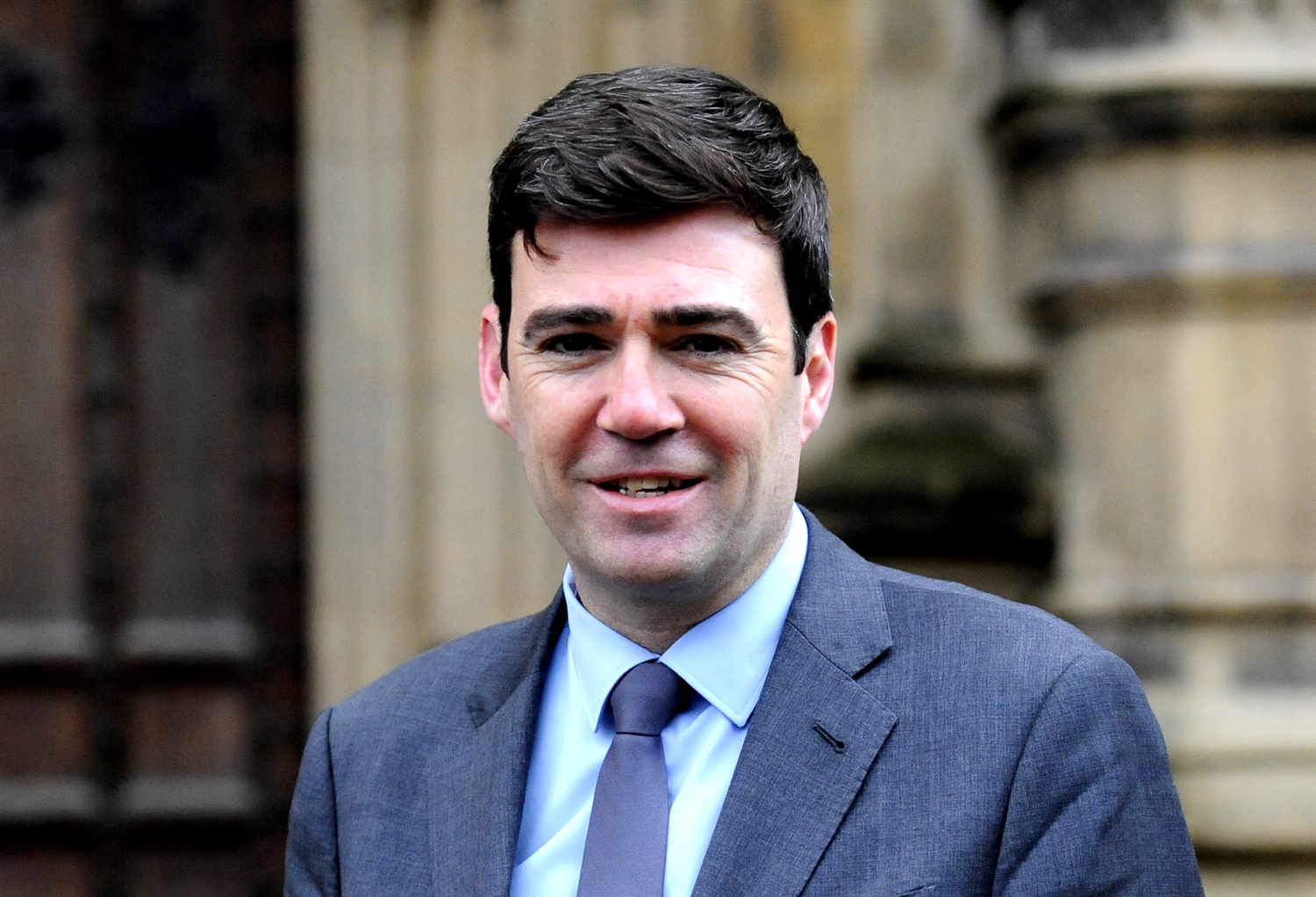 Andy Burnham
Andy Burnham
Furthermore, second preference votes tell a revealing story. Manchester and Liverpool were the only two contests which were decided in the first round, with a convincing result for Labour’s Andy Burnham and Steve Rotheram. The other contests went to a second round. For all the talk of progressive alliances during the general election, the combined votes of Lib Dems, Greens and Independents appear to have helped the Conservatives over the line.
The new mayors will have to quickly establish a modus operandi with constituent councils and political leaderships. For Andy Street in Birmingham, this will mean performing a balancing act with the Labour leaders who make up the vast majority whilst getting to grips with serious public policy challenges and implementing his own manifesto.
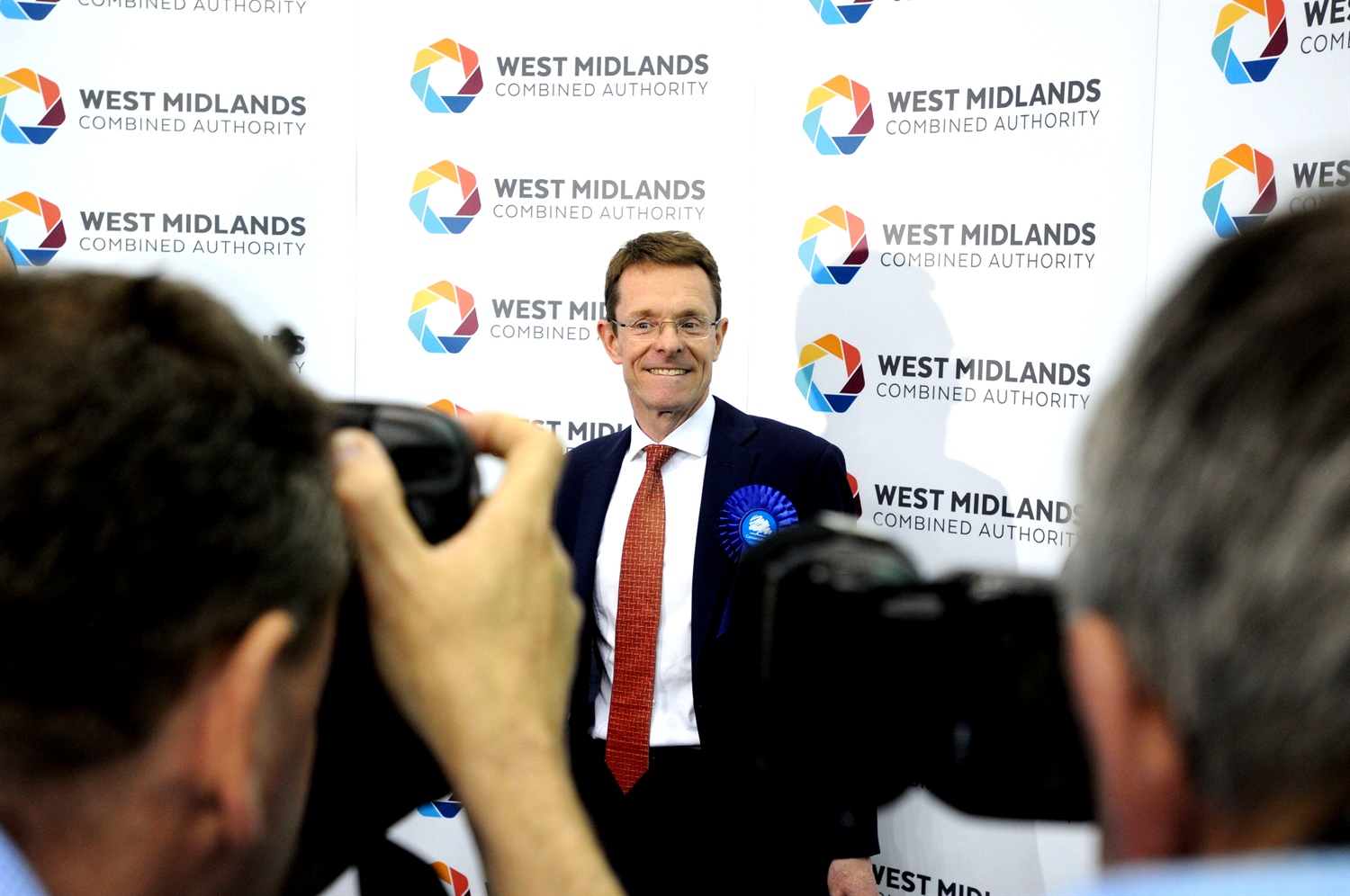 Andy Street
Andy Street
Similarly, in the West of England Tim Bowles will need to work closely with the directly-elected mayor of Bristol, imprinting his own budget and policy programme in the region whilst respecting Marvin Rees’ mandate. This is not simply a party-political issue. Steve Rotheram won the Merseyside Labour nomination against Liverpool’s directly-elected mayor Joe Anderson. In these regions politicians will need to avoid the embarrassing and distracting sight of infighting between mayors.
A personal mandate is a powerful thing
Now the elections are over, the difficult work to create the new offices begins. After the first London mayoral elections in 2000, the mayoralty quickly became a power broker in a city which had been denuded of central authority since the abolition of the Greater London Council in the 1980s.
 Tim Bowles
Tim Bowles
The original Act creating the authority was limited in its vision of how powerful the mayor of London would be. But, over time, City Hall has taken in the previous functions of the police authority, the fire brigade plus ultimate control over Transport for London. The mayoralty sets the political scene and directly taxes residents through the mayoral precept. The mayor is seen as a political rainmaker after years of the boroughs being left to their own devices.
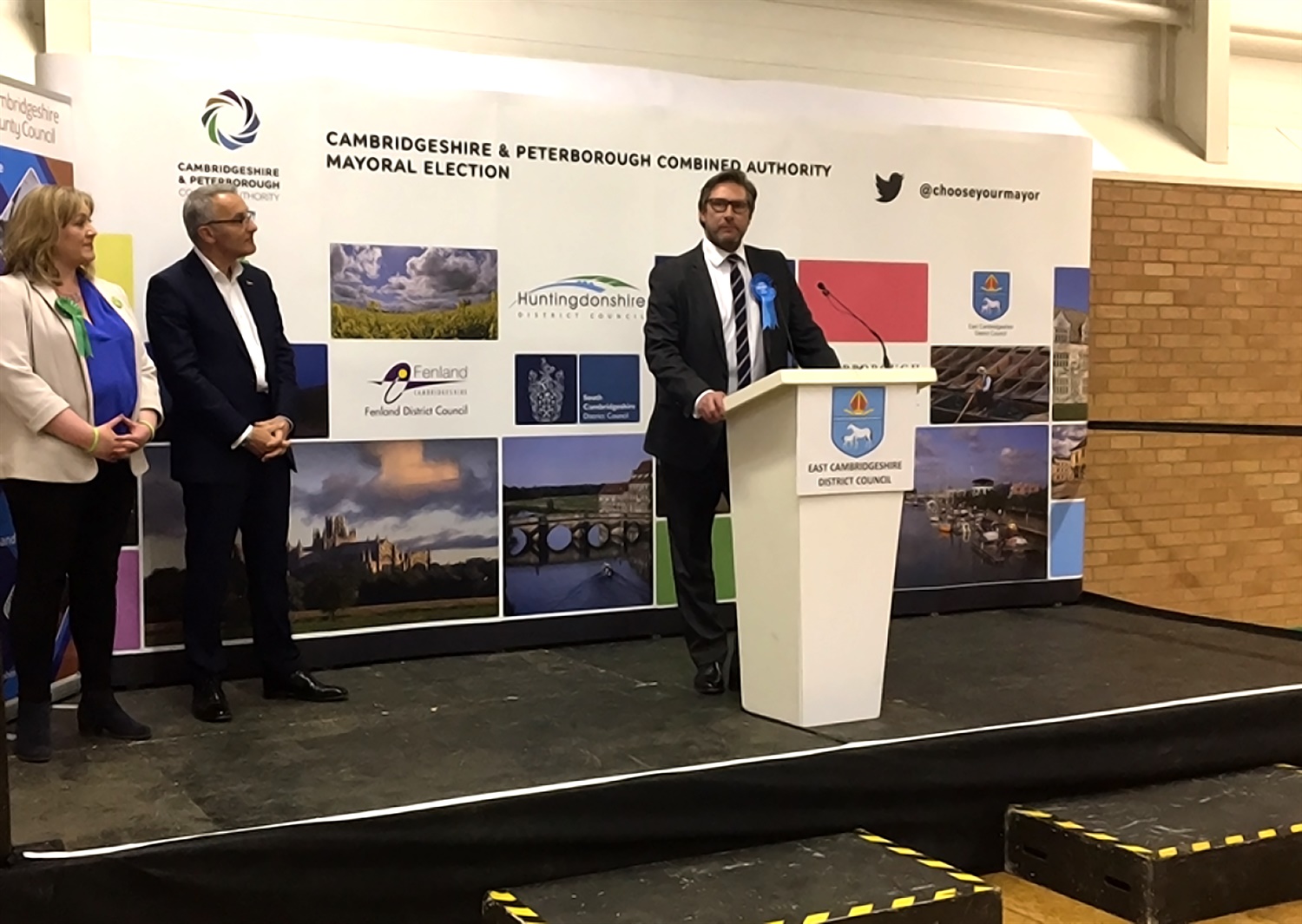 James Palmer
James Palmer
The regions in which combined authority mayoralties have been established have been without wider regional governance for even longer than London – since the abolition of metropolitan counties in 1986. The creation of combined authorities has not been smooth as local authorities face up to a higher tier of power.
With the London experience in mind, they must be prepared that whatever checks and balances are in place for council leaders to veto the mayor, a personal mandate is a very powerful thing. For a start, it would be difficult for councils to hold up a new mayor’s first budget with such a recent mandate. Secondly, power has a tendency to fill a vacuum. By virtue of being elected across a large region, mayoralties will tend to accumulate powers rather than govern with the full consent of constituent authorities – whether they set out to or not.
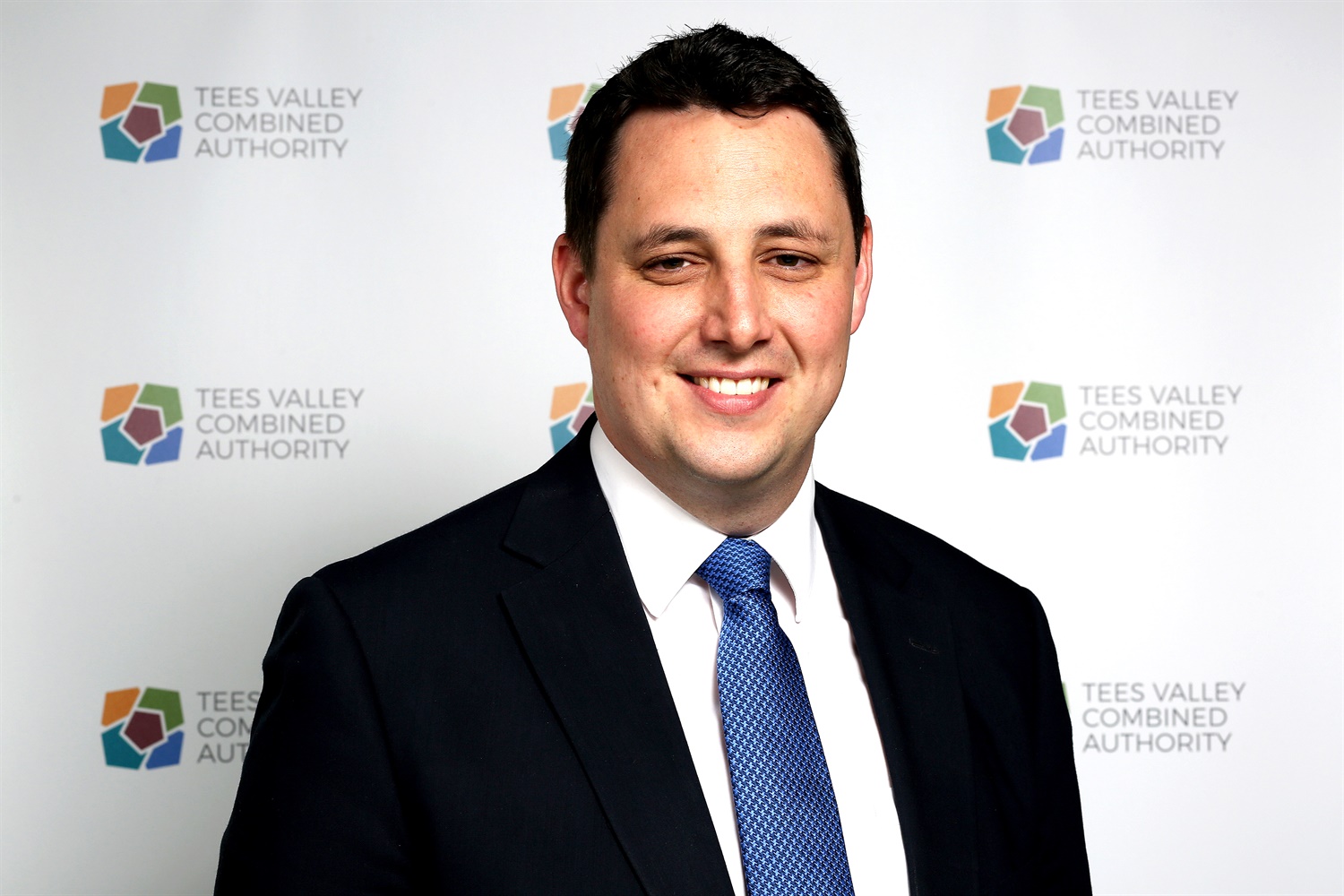 Ben Houchen
Ben Houchen
This will not necessarily happen immediately. But the longer someone is in power and has a drive to improve standards, to bring inward investment into a region, to hold other public service providers to account, the more they are likely to consolidate power inside the combined authority. A balance needs to be struck. Local council leaders will need to accept the new arrangements and acknowledge the mayoral mandate to allow a successful partnership, and mayors will need to be sensitive to local politics rather than ride roughshod over it. This has worked in London and the boroughs enjoy a generally harmonious relationship with City Hall. But this relationship has developed cumulatively and slowly over nearly 20 years.
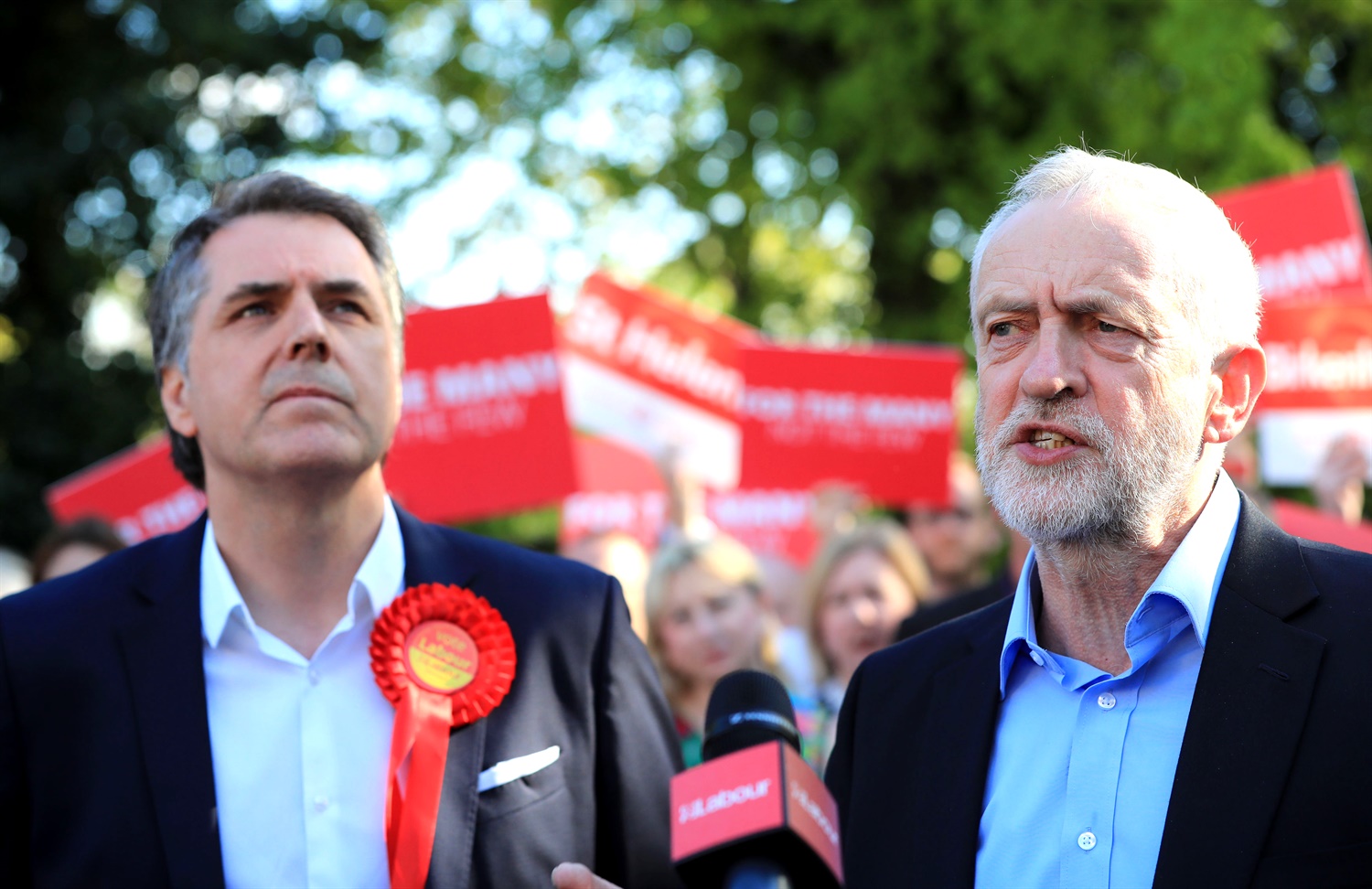 Steve Rotheram
Steve Rotheram
The prize to be had is a great one: a source of accountability, transparency and leadership representing regions of England on the national stage in the form of a directly-elected leader. For the first time in the modern era, the regions of England will finally have a voice to stand up to Westminster and Whitehall and to drive global investment into their areas. This will require local politicians breaking over the political divide and allowing their mayors the space to let their offices flourish.
(Image: c. PA Wire)
Have you got a story to tell? Would you like to become a PSE columnist? If so, click here.